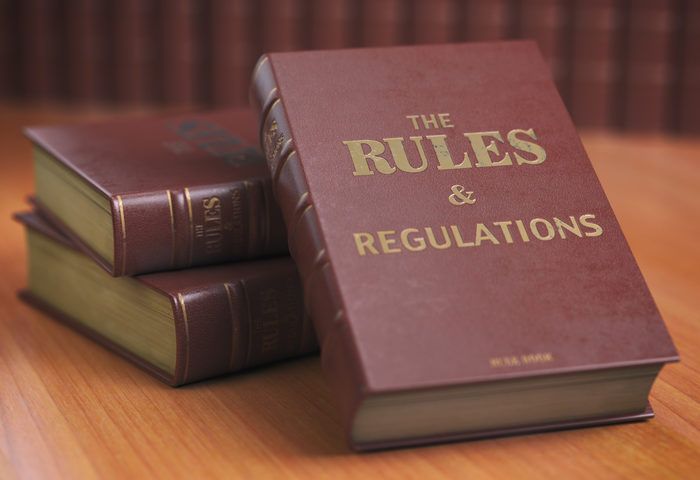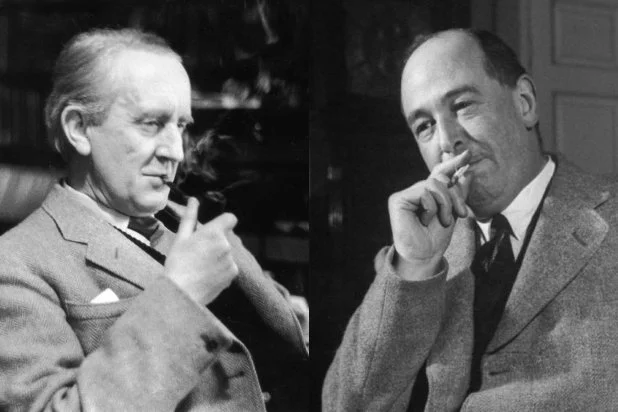In sports, there is the rulebook, and there is the playbook. The rule book is the list of all the things one cannot do. The rulebook does not list all the things one can do because that is practically limitless. No, the function of the rulebook is to state plainly what actions are violations and will, therefore, bring penalties and punishment.
The rulebook doesn’t sound like much fun, does it? The rulebook is not on anyone’s list of positive things to learn, but we all know we cannot play a sport without it—nor can we live life without it.
The playbook, on the other hand, contains all the plays the coach wants his or her players to learn. This is the fun part for the players. The playbook is what we can do, what we get to do—not what we cannot do. We all like the playbook. We don’t typically chafe against the playbook, certainly not like we do against the rulebook.
Let’s apply this example to your Bible.
First, answer the following questions about the rulebook versus the playbook:
- Which is a burden, and which a blessing?
- Which is about failure, and which is about freedom?
- Which is more about living Jesus’ “life to the full?”
- Which is the Old Testament, and which is the New Testament?
I think we can agree on most, if not all, answers to the above.
The rulebook is always seen in a more negative light and the playbook a more positive. I assume you placed the Old Testament in the rulebook category and the New Testament in the playbook?
But because I have spent these last few Putting Greens seeking to shift your perspective on the scriptures, I am going to challenge your thinking with this next question.
Is the Old Testament book of Leviticus a rulebook or a playbook?
If you have ever tried to read the Bible beginning to end, you have likely run aground in the middle of Leviticus. Many have shipwrecked on the overwhelming list of, “Do not do this and this and this and this and this and…”
But!
But right in the middle of this Old Testament rulebook we see two astounding examples of the playbook of life. First, for this week:
When you reap the harvest of your land, do not reap to the very edges of your field or gather the gleanings of your harvest. Do not go over your vineyard a second time or pick up the grapes that have fallen. Leave them for the poor and the foreigner. I am the Lord your God. (Lev. 19:9-10 NIV)
The “Old Testament God of Rules” is laying down a positive playbook play: “When you are gathering your harvest, leave some for the poor, the widows, and the outcasts of your society. Do not pick up every last grape, olive, wheat, fruit or vegetable. No, I want you to leave for others a portion of your hard-earned profit, the harvest you plan to live on; yes, the harvest for which you have worked and worried and waited all season.”
Do you see the positive generosity play here from the Author of the Playbook of Life?
This “play” has enhanced my tipping at restaurants and elsewhere. Now when I am calculating a tip, I think to myself, “Will an extra $5.00 or $10.00 really make a difference to me?”
Don’t be ridiculous. Of course not. But imagine the difference it makes in the waiter’s life. This has become my way of following the rulebook-Leviticus-playbook on generosity.
Imagine that: a positive, fun play right in the middle of the dreaded Old Testament rulebook of Leviticus. And there is more.
Next Week: The Playbook on Loving your Neighbor





